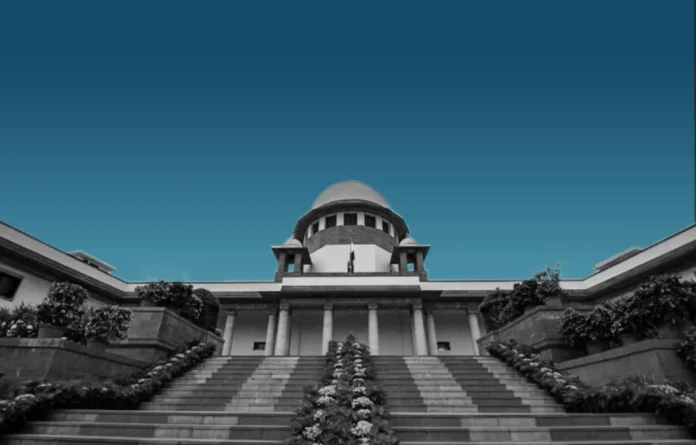The Supreme Court has ruled that apprising an accused about the grounds of arrest as soon as possible was a mandatory requirement under Article 22(1) of the Constitution and the non-compliance of the same would render the arrest invalid.
The Supreme Court has ruled that apprising an accused about the grounds of arrest as soon as possible was a mandatory requirement under Article 22(1) of the Constitution, the failure of which, would render the arrest invalid.
The Bench of Justice Abhay S Oka and Justice N Kotishwar Singh on Friday observed that it was the fundamental right of every person arrested to be informed of the grounds of arrest at the earliest.
The non-compliance of the requirements by an investigating officer would amount to violation of Article 22(1) of the Constitution, thus rendering the arrest invalid. It would further vitiate the remand orders passed by a criminal court and entitle the accused to bail despite any statutory restrictions, added the Bench.
The Apex Court further said that it was the duty of the court to forthwith order the release of the accused, in case a violation of Article 22(1) was established.
The statutory restrictions, even if they existed in such a case, would not affect the power of the court to grant bail, if the violation of Articles 21 and 22 of the Constitution was established, it pointed out.
The Bench also directed the Judicial Magistrate to ascertain whether compliance with Article 22(1) has been made during remand cases.
In case the non-compliance with Article 22(1) was found, it would render the arrest illegal and the person could not be remanded either, ruled the top court of the country.
The Bench, however, noted that in case such an arrest has been rendered illegal, it would not vitiate the investigation, charge sheet and trial.
It further clarified that in such a case, neither the filing of a charge sheet would not validate a violation of Article 22(1) of the Constitution, nor would a trial court’s order of cognisance (judicial notice).
The Apex Court said it could not tinker with the most important safeguards provided under Article 22.
Justice Singh, while authoring a separate concurring opinion, held that the grounds of arrest must be given not only to the accused, but to his friends, relatives or a person nominated by the arrested person as well.
He said informing a person nominated by the accused about the arrest was a requirement under Section 50A of the CrPC.
The requirement further made the mandate under Article 22 (1) meaningful, as the persons informed about the grounds for arrest woukd be able to take legal steps to challenge the arrest and secure the arrestee’s liberty. The failure to do so may render the arrest illegal, added Justice Singh.


